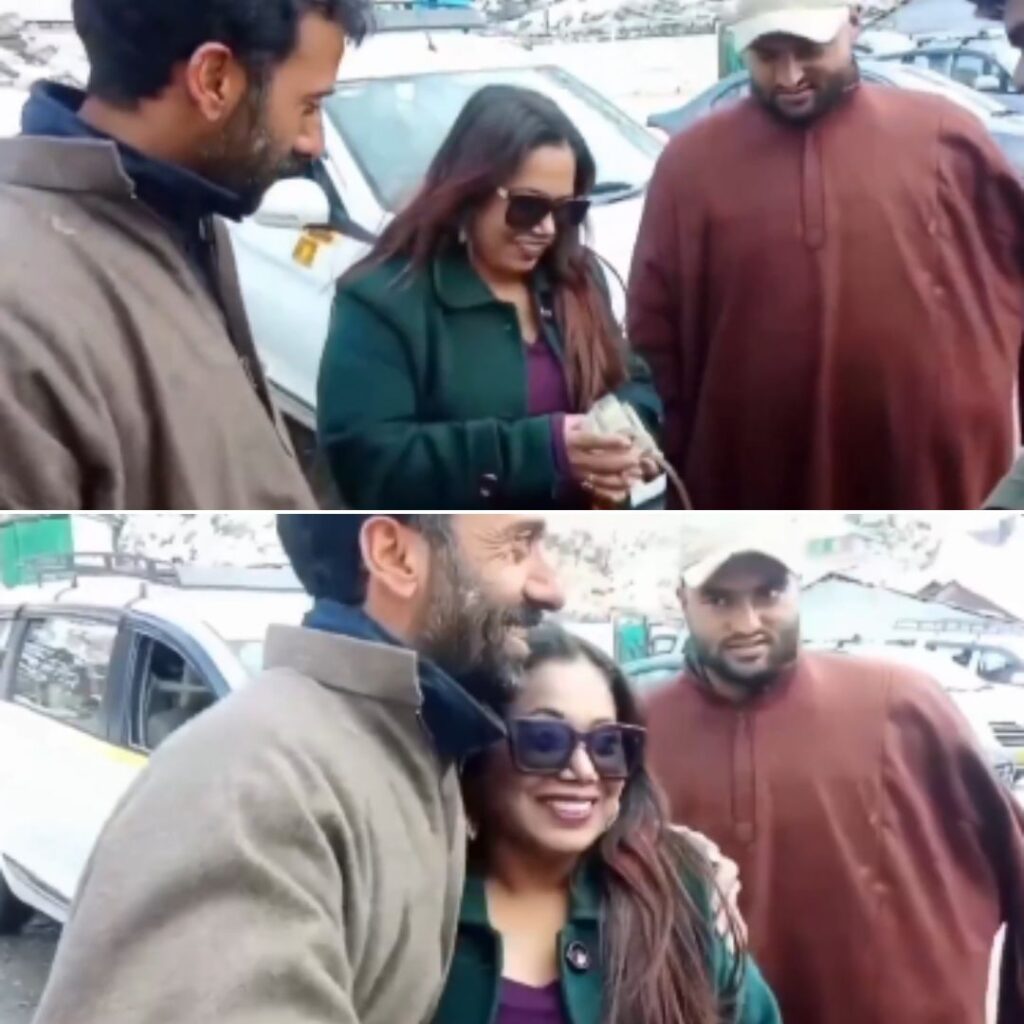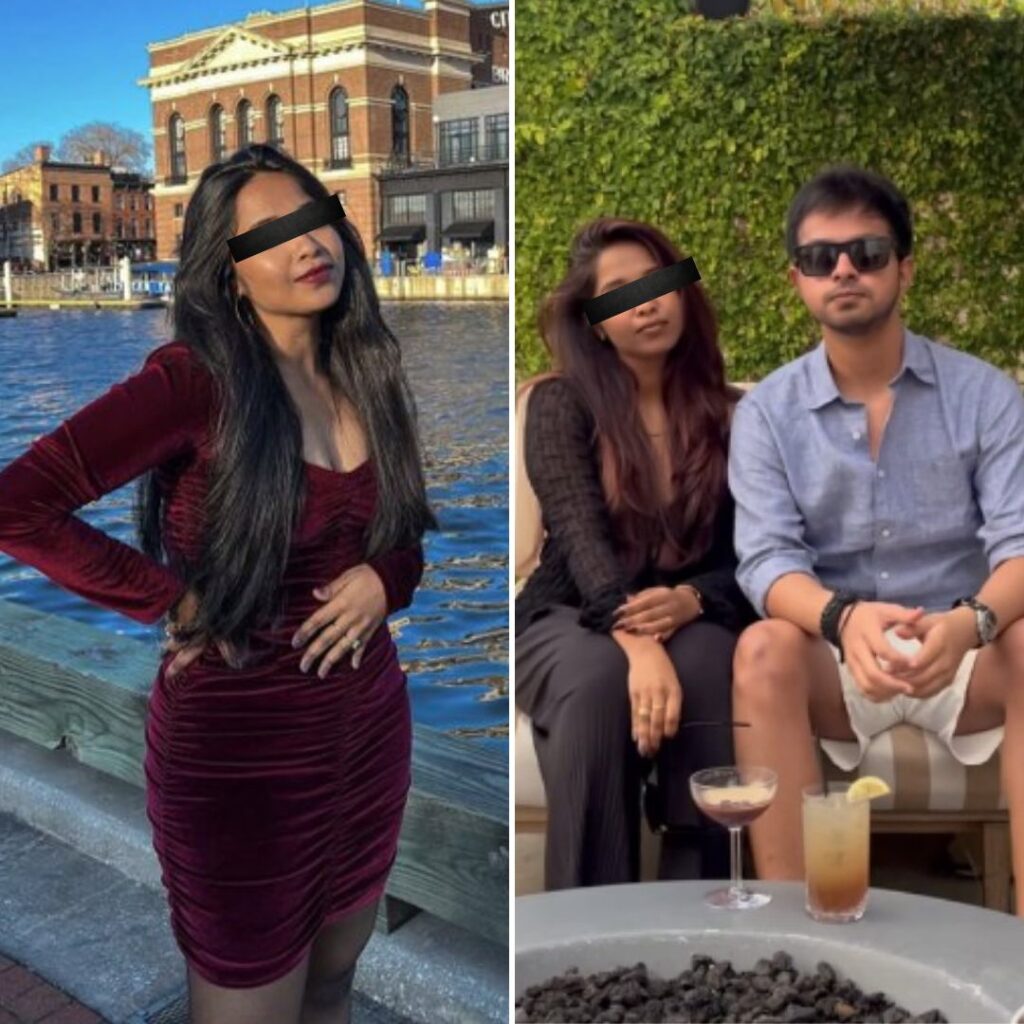In a shocking incident, a 22-year-old woman from Kerala who was in a same-sex relationship and had been consensually living with her partner for the last 20 days was picked by the police officers and forcibly taken away.
According to a report by The News Minute, three cops on Saturday, October 24, landed at the couple’s doorstep in Chennai’s Nungambakkam area. The cops —two from Kerala and one from the local police station tracked down the woman, Ananya (changed name), on her parent’s complaint.
Kerala cops take 22-yr-old away from lesbian partner in Chennaihttps://t.co/aYlza3OKUh How the hell is this even legal? How can a magistrate force a 22-year-old woman to live with her parents? (Rhetorical; the answer is ‘India’.)
— Madhu Menon (@madmanweb) October 27, 2020
The report said that the lesbian couple had gotten into a relationship after they interacted with each other on the video-sharing platform TikTok. The 22-year-old is from Kerala and her family strongly objected to their relationship. It was because of this reason that the woman decided to leave her house and move in with her partner in Tamil Nadu.
The two police officers from Kerala, including a female police officer, had travelled more than 500 kilometres to take away Ananya, an adult, according to her partner, lawyer, and an NGO working with them, willingly left her home and had been in a relationship with a partner of her choice.
Reportedly, the couple had received a missing person complaint from her parents a few days after the woman had left her house in Kozhikode district of Kerala in early October.
‘She is a major and can choose not to go back. But she was taken away. They (the police) asked me certain questions. They said they needed to produce her (Ananya) before the Magistrate in Kerala and then let her off according to what she says. The senior official said I could tell the court whatever I had to say, but they have to produce her in the magistrate court in Kerala,’ said the woman’s partner.
They further sought help from a lawyer who was also a member of the International Foundation For Crime Prevention and Victim Care (PCVC), a Chennai-based organisation working for women and persons from the LGBTQ community.
The couple’s lawyer Akila RS tried to intervene and speak with the cops to make them understand the matter, however, the police officers refused to entertain their requests and drove away with Ananya.
‘In this case, the Tamil Nadu police should have ascertained from Ananya if she was living in Chennai voluntarily. They should have completed the investigation, recorded her statement and informed the Kerala police. Besides, there was sufficient age-proof to show she is an adult. However, that did not happen. They did not allow her an opportunity to seek legal counsel and get advice on the legal course of action; Ananya’s parents and the police probably pressured her into going to Kerala to appear before the Court,’ said Advocate Akila.
Senior lawyer Sudha Ramalingam while highlighting the lapse in protocol said that the police could have taken her statement and video, and produced it before the court, but taking her away was unwarranted.
Ananya was produced in the court on Sunday and was sent back home with her father, Deputy Superintendent of Police (DySP), Thamarassey, told the publication.
‘Since it was a Sunday, the woman was produced before the Magistrate via video conferencing. She said she will stay with her parents for 10 days,’ the officer said.
‘She told the female police officer that she will stay with her parents for 10 days and return to Chennai,’ he added.
It is crucial to understand the plight of such same-sex pairs who experience extreme emotional, psychological, and societal stress to live their everyday lives. This is not an isolated incident highlighting the acceptance challenges faced by homosexual women in the country.
Societal prejudice and exclusion towards the community coupled with a deeply rooted lack of adequate legal protection against discrimination have prompted them to take extreme steps such as running away or taking their own lives. Additionally, their battle for social acceptance also comes with fighting to enjoy the same rights and protections as opposite-sex couples subjecting them to potential harassment from family and relatives.
Also Read: Educating Girls Worth Billions For Developing Nations, Can Increase GDP By 10% Over Decade: Report













